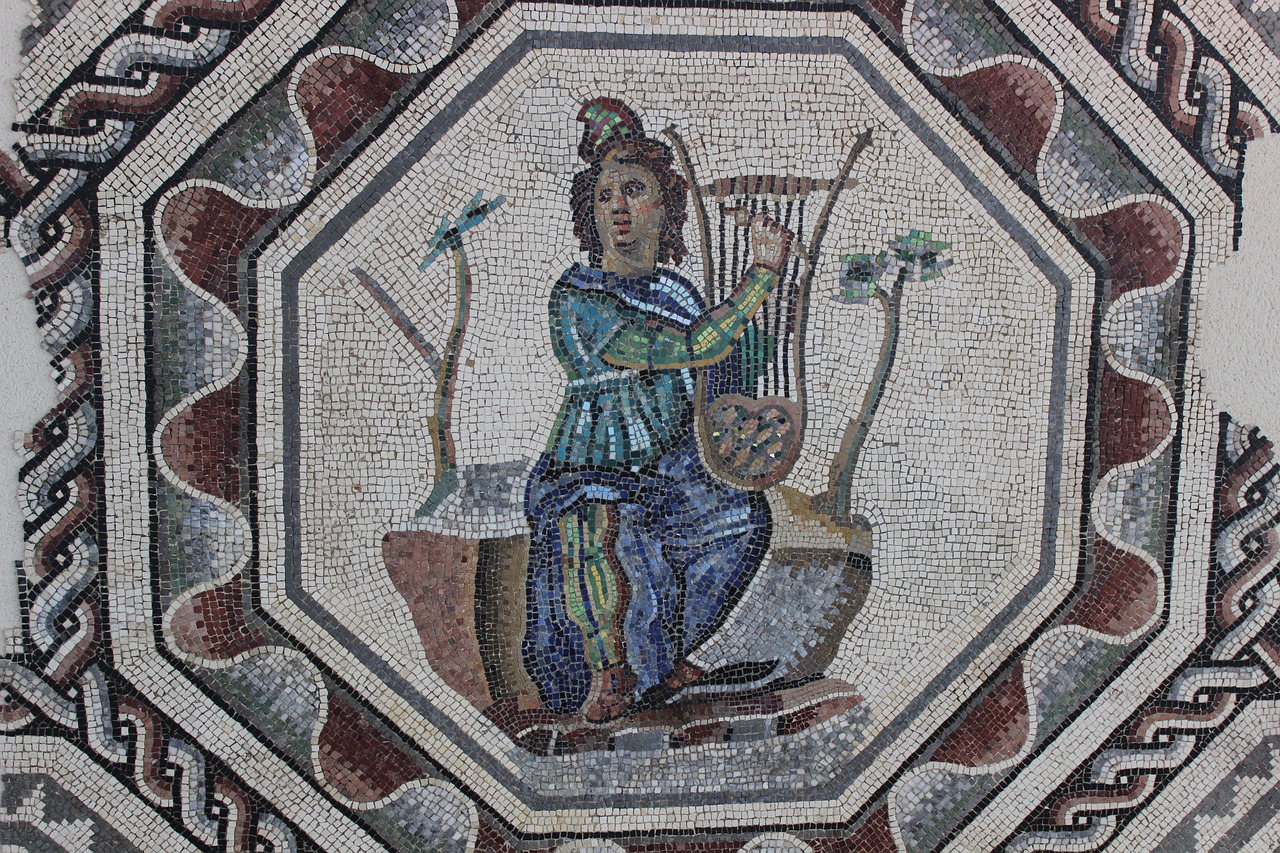The legend of Orpheus, a transcendent musician, has roots tracing back to the sixth century BCE. By the fourth century BCE, philosophers like Plato began expressing thoughts on the tale of Orpheus and Eurydice. Current primary texts documenting this myth include Virgil’s Georgics and Ovid’s Metamorphoses.
The Tale of Orpheus and Eurydice
Gifted with a lyre crafted from gold and tortoise shell by his father Apollo, Orpheus became a master of music, commanding nature itself: animals flocked to his side, trees leaned in, and even rivers emerged from their courses to listen to his melodies.
Orpheus fell deeply in love with Eurydice, who reciprocated his affections. Their wedding, overseen by Hymen, the god of marriage, was overshadowed by a troubling omen as his torch sputtered ominously, releasing a foul scent. Shortly after their union, Eurydice took a stroll in the woods, where Aristaeus, a shepherd, noticed her dancing with dryads. Captivated, he pursued her, causing her to flee, only to stumble and succumb to a snakebite.
In his heart-wrenching grief, Orpheus sang his sorrow, captivating divine beings and the universe itself. Life felt hollow without Eurydice, prompting him to brave the journey to Hades, longing to reclaim her from the realm of the dead.
Orpheus entered the underworld, overcoming toxic fumes to reach the domain of King Hades and Queen Persephone. His lamentation enchanted Charon, the ferryman, and even Cerberus, the intimidating guardian of the underworld. Hades, moved for the first time, allowed Orpheus to take Eurydice with a strict condition: he must not look back at her until both had entered the world above.
Guiding Eurydice out of the realm of shadows, Orpheus fought the temptation to glance back, but distress swelled when he could no longer hear her steps behind him. Doubt crept in as he neared the sunlight. Unable to resist, he turned to see Eurydice, but their connection broke; she was pulled back into darkness.
Devastated, Orpheus sat in solitude, pouring his pain into his lyre, ignoring the advances of many admirers. Ovid notes that he was among the first in Thrace to express love for young boys. Rejected by Orpheus, the women retaliated violently, ultimately leading to his brutal demise at the hands of the Maenads.
The remnants of Orpheus, his singing head and lyre, drifted along the River Haebrus, landing on the shores of Lesbos, a place forever associated with poetry. His head was discovered by the muses and buried in a cave, where nightingales flourished in song. The lyre remains immortalized in the constellation Lyra.
Understanding the Myth
Orpheus symbolizes the essence of music, poetry, and the arts. In contemporary culture, his influence spans a multitude of artistic expressions, including paintings, poems, and operas, and he even served as the figurehead of an ancient religious movement known as Orphism.
In Plato’s Symposium, the character Phaedrus presents a contrasting viewpoint, suggesting Orpheus’s quest for Eurydice revealed cowardice, in stark contrast to Alcestis, who sacrificially gave her life for her husband, Admetus. Alcestis was granted a rare return from the underworld, while Orpheus faced a tragic end.
Despite embarking on his journey to Hades like a hero, Orpheus’s doubts and ultimate external desires reveal a lack of traditional heroism. The act of looking back signifies objectification; true love would instill the understanding that a glance could cost more than one could bear.
The theme of katabasis, or descent into the underworld, resonates throughout diverse mythologies globally. The story of Orpheus bears notable similarities to the Japanese legend of Izanagi and Izanami, where a husband’s overwhelming love leads him to gaze upon his decaying wife, igniting tragic consequences.
Through Orpheus’s journey, themes of mortality and the cyclical nature of existence become apparent. Eurydice’s character may represent a MacGuffin—a driving force for adventure yet lacking substance, reminiscent of elements in other narratives like the Holy Grail.
However, Orpheus embodies the profound influence of art. His music moved both gods and creatures alike. Even the mighty Hercules faced greater challenges in Hades compared to Orpheus’s lyrical power. Significant is the aftermath of Orpheus’s death; even and especially in his demise, his art endured, representing the eternal nature of creativity.
If Orpheus had recognized the depth of his artistic gift instead of fixating on Eurydice, he might have found fulfillment in music or within himself. Instead of longing for the fleeting joys that accompany mortal love, he should have forged ahead, embodying the hero’s spirit and embracing a happiness that transcends temporality.



